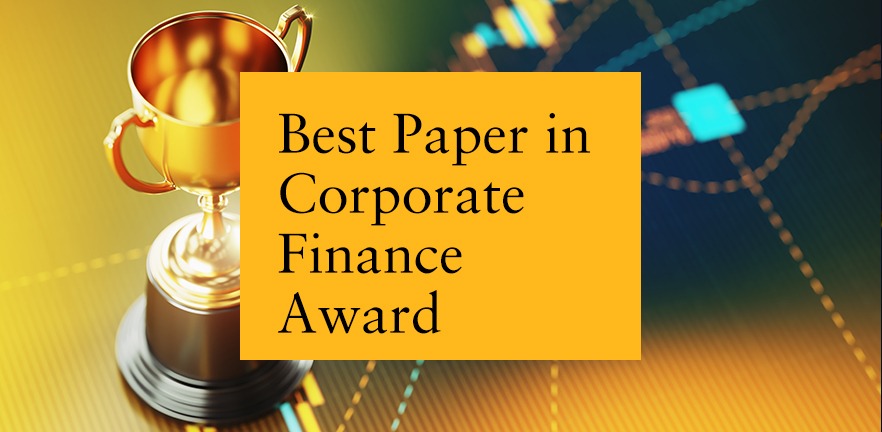Study co-authored by Pedro Saffi of Cambridge Judge Business School wins Best Paper in Corporate Finance Award at the Society for Financial Studies Asia-Pacific conference.

A study that examines the interplay between activist hedge funds and short sellers, co-authored by Pedro Saffi, Professor of Financial Economics at Cambridge Judge Business School, was awarded the Best Paper in Corporate Finance Award at the recent Society for Financial Studies Cavalcade Asia-Pacific conference.
The paper – entitled “Power Grab: Activists, Short Sellers, and Disagreement” – finds that the likelihood of activists targeting a company and the probability of a successful campaign in generating higher abnormal returns are greater when there are also large short sellers targeting the same company. This is especially true when activists succeed in addressing underperformance, while higher investor disagreement on the firm’s future further exacerbates this effect.
“We find that activists’ campaigns are more likely to be successful in the presence of large short sellers,” the paper concludes. “Our tests show that this result is consistent with activists having more bargaining power relative to managers.
“Our results are useful for investors and regulators considering the profitability of activist campaigns and the impact of sophisticated and large investors trading shares of the same firm. Our conclusions are also relevant for the regulatory discussion on the disclosure requirements for short sellers.”
The study is co-authored by Tao Li of the University of Florida, Pedro Saffi of Cambridge Judge Business School, who is Director of the Master of Finance (MFin) programme at Cambridge Judge; and Daheng Yang of Columbia University. Read “Opposing views”, our recent article about the study


